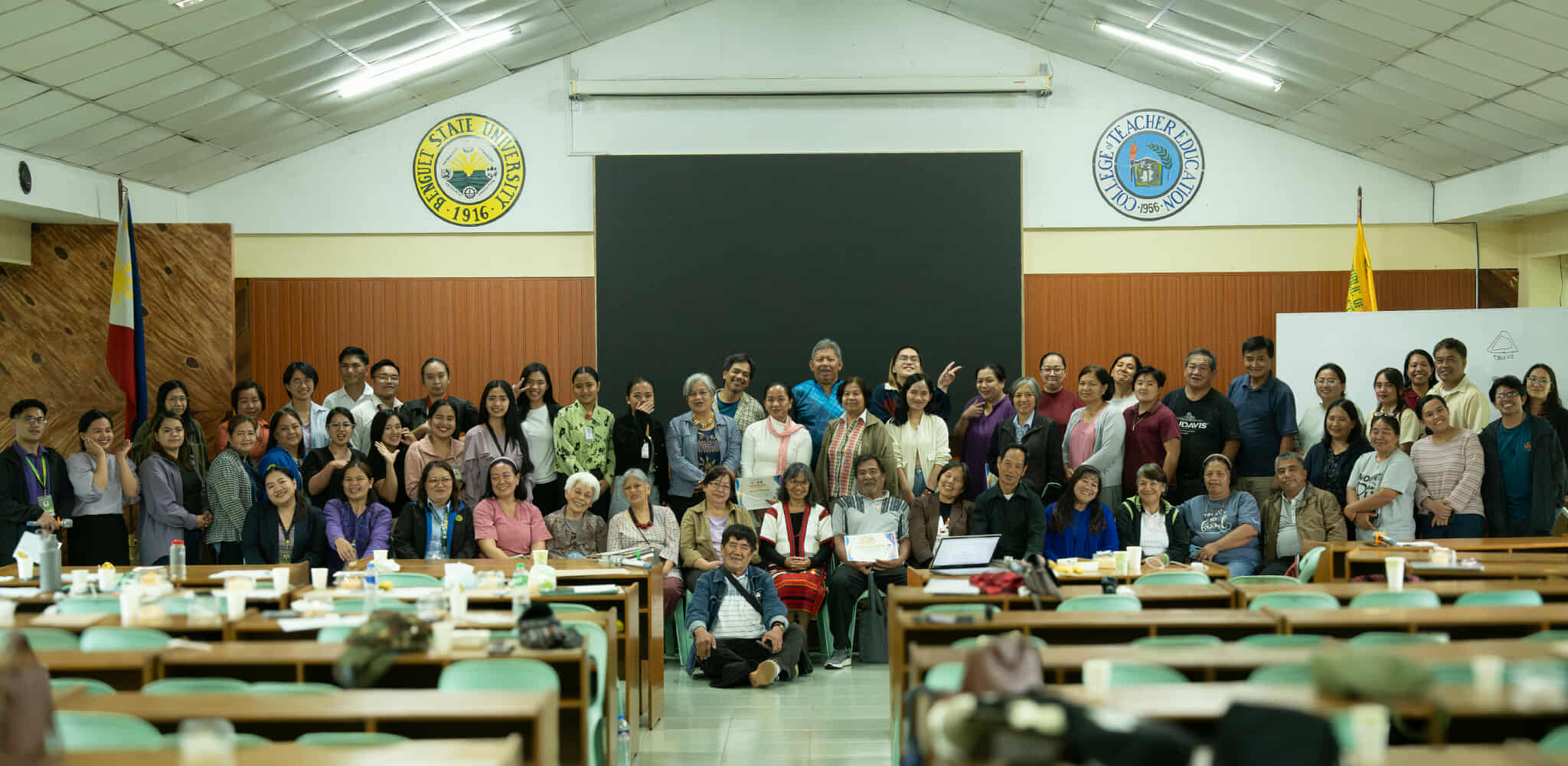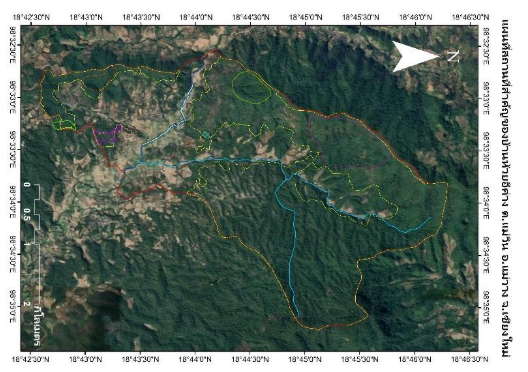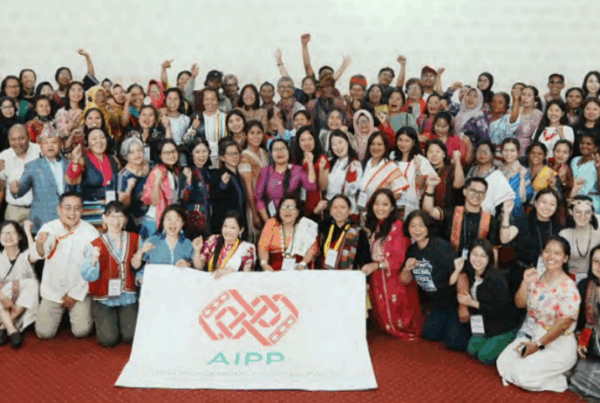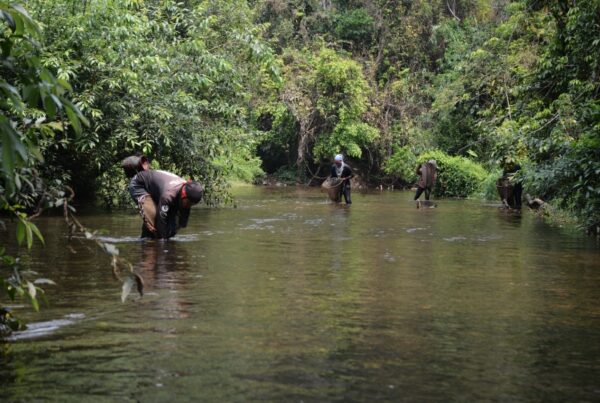“Healing is not only about surviving. It is about remembering and reclaiming who we are—and walking together toward a future where we can all thrive.”
This was the key message of Dr. Penny Aquino-Domogo as the Talipnan di Biyag: Ap-apat on Indigenous Wellness and Healing Systems kicked-off last August 19-20, 2025 at Benguet State University (BSU). The forum gathered Indigenous practitioners, community leaders, academic researchers, and students to share experiences and studies on indigenous healing practices across the Cordillera region. The objective of the forum is to highlight ongoing gaps and challenges in integrating Indigenous knowledge systems into healing frameworks, but also identify opportunities where these healing practices can be meaningfully applied.
As emphasized by the researches presented, Indigenous perspectives on healing encompass the physical, mental, and social well-being. Healing is deeply rooted in community and our interconnectedness with the environment, reflecting how wellness is nurtured through our relationship with nature. It is not an individual journey alone; healing involves the family and the community.
Indigenous practitioners such as the mambunong mentions that their practice is still guided by a higher being, Kabunyan, and that healing is a community effort. Herbalists shared their journeys in using medicinal herbs and plants to treat common illnesses, such as ginger for coughs and colds, and to complement conventional treatments, for instance, mitigating the side effects of chemotherapy in cancer care.
A hilot (massage) practitioner also described her healing skill as a gift, one she uses to support the well-being of others. These shared experiences reflect the continuing Indigenous knowledge passed down through generations and still actively practiced today. Across all accounts, practitioners affirmed that modern medicine should complement, not replace, their traditional healing systems.
In this event, PIKP also presented the Kasiyana: A Glimpse of Indigenous Healing in the Cordillera book that have gathered stories of different indigenous healing practices in the Cordillera. This book also highlights the key message to indigenous health which is to recognize and appreciate indigenous health and wellness beliefs and practices and promote their utilization.
The forum ended with a workshop to which participants listed recommendations in the continuity and further learning.
- Recognize and respect indigenous healing practices.
- Integrate and implement laws that support indigenous practitioners and healing systems
- Organize intergenerational exchanges in sharing of indigenous healing practices among elders, youth, academes and government agencies.
- Document indigenous healing practices.



